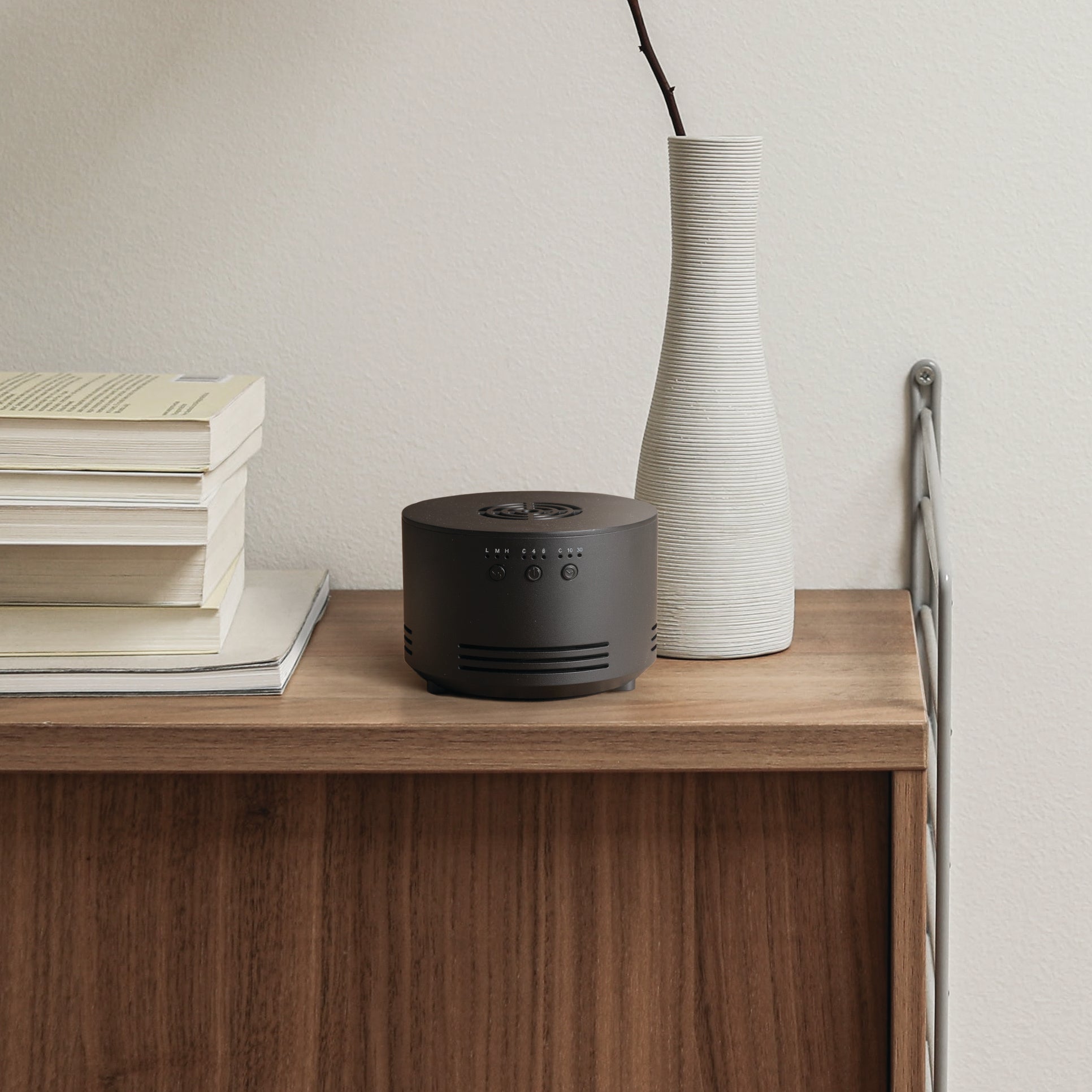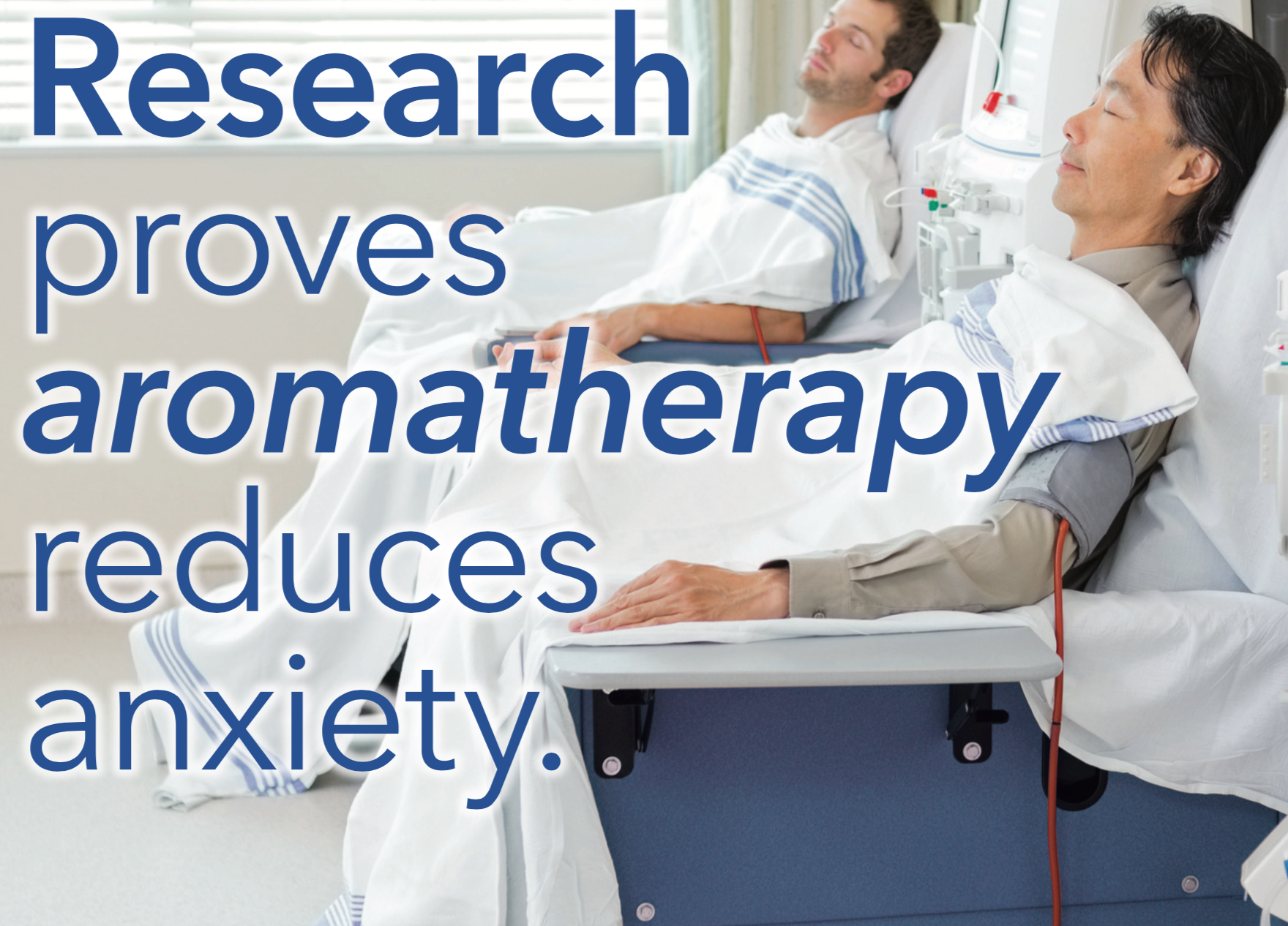Are Organic Essential Oils Worth the Premium Price?
 The word "organic" has become an important part of the consumer vocabulary for produce, meats and other foods. It’s also used by many companies to market their essential oils. But what does “organic” mean as it pertains to EOs? And are certified-organic essential oils worth the premium asking price? The short answer is almost always, “no”.
The word "organic" has become an important part of the consumer vocabulary for produce, meats and other foods. It’s also used by many companies to market their essential oils. But what does “organic” mean as it pertains to EOs? And are certified-organic essential oils worth the premium asking price? The short answer is almost always, “no”.
The long answer, however, is more complicated, because it requires wading into both the marketing spin produced by the behemoth essential oil companies (in particular the MLMs) and the biochemical realities of exactly what makes up a quality, effective essential oil.
We’ll start by saying that -- like many other unscientific phrases such as “therapeutic grade” and “natural” -- as it pertains to essential oils, “organic” means very little. There are absolutely useless EOs on the market with certified-organic labeling. Organic doesn’t mean better, more efficacious, purer or of better quality in the case of essential oils, but to understand why, it’s important to understand how EOs are created.
As an example, let’s look at the process of growing and distilling eucalyptus into an essential oil. Eucalyptus EO can come from leaves of trees that have been farmed on a controlled plot of land, or it can be wild-crafted from existing trees, many of which have existed for over a hundred years (or more!). Wild-crafted oils literally come from “the wild,” which means there are no fertilizing rules, no irrigation requirements, and no conditions around the use of insecticides or any other chemicals. The trees are simply left in Mother Nature’s capable hands until the leaves are ready for harvest.
Both the wild-crafted oil and the organically-farmed essential oils are free of pesticides and chemical fertilizers. By definition, both are organic. However, only the farmed oil can be labeled as “certified organic,” something for which companies know consumers are willing to pay more. But is the quality better? Highly unlikely.
The only way to know the true quality of an essential oil is to subject it to rigorous scientific testing like that performed by Aeroscena®. This includes closely examining the results of gas chromatography and mass spectrometry analyses in order to ensure that the oil’s chemical makeup is consistent with that which is required to guarantee potency and purity. A “certified organic” mark does very little to guarantee anything about the overall quality of an essential oil -- it just makes it more saleable to consumers who are drawn in by the “organic” label (and influenced by millions of marketing dollars).
Organic labeling started out with the best of intentions—to grow food as naturally as possible, without the use of dangerous pesticides, fertilizers or other harmful chemicals. But for things grown in the wild, the most organic of environments, there is nobody to pay and nobody to prove what farming techniques were used. In the end, the term has been co-opted by companies wanting to stay on-trend and make more money for the perceived higher value of organic products. As a consumer, the only way to truly know what’s in a bottle of essential oil is by committing to purchasing only from companies with complete traceability and accountability for their essential oil supply chain, from farm-to-bottle -- not based on a seal from an expensive certifying agency.









Leave a comment
This site is protected by hCaptcha and the hCaptcha Privacy Policy and Terms of Service apply.